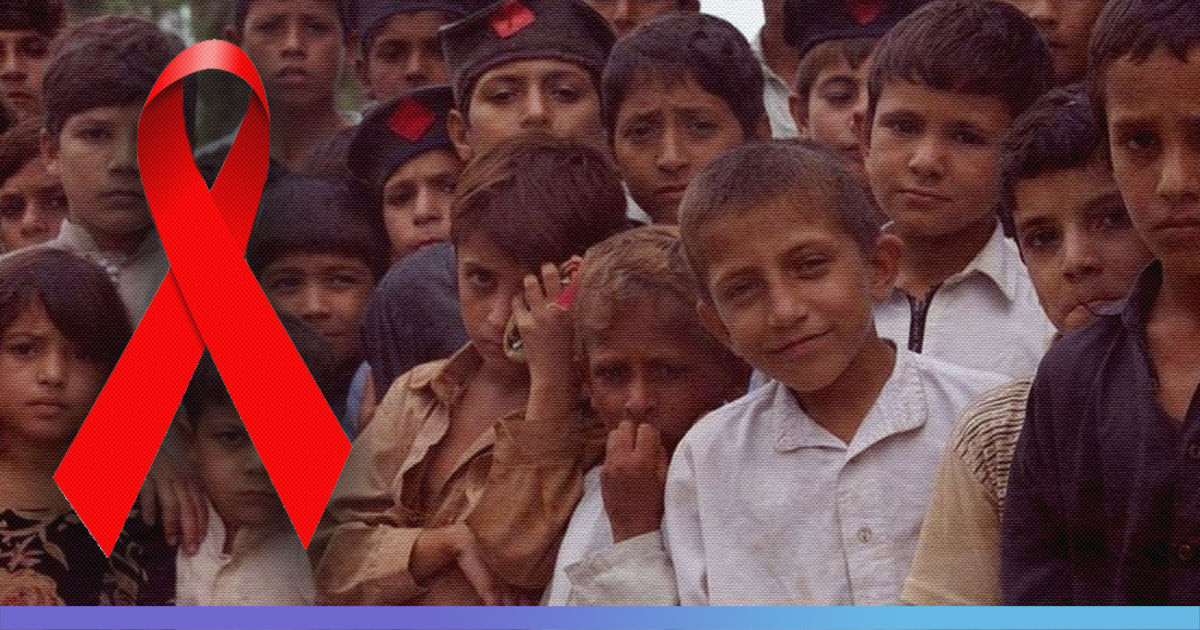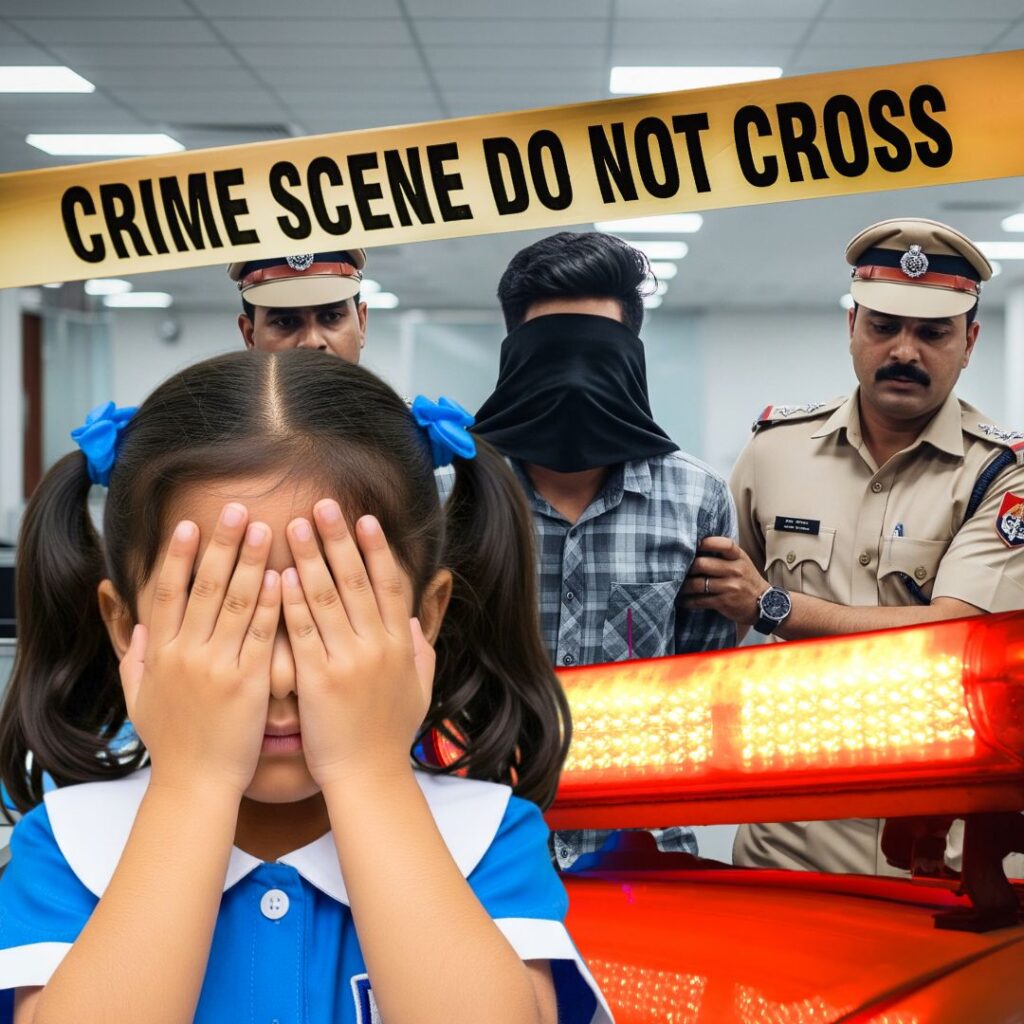Nearly 800 cases of people infected with the AIDS virus have surfaced in a single district of southern Pakistan. According to a report by The Wall Street Journal, out of 27,000 people who volunteered for HIV screening in Larkana district, 798 people tested positive, until June 14.
The astonishing factor about the rising number of cases is that more than 80% of the new cases are among children aged under 15. Preliminary findings by the World Health Organisation (WHO) stated that more than 650 children tested positive during six weeks of government tests.
Whereas, before the tests, scarcely more than 1,000 children were registered as HIV positive in the entire country, according to the WHO.
The First Case
The HIV infections first surfaced in February in Rato Dero, a town in Larkana district, when a local doctor convinced an orthodox father to have his 16-month-old daughter tested for HIV, reported Los Angeles Times. Soon after the 16-month-old daughter tested positive, 20 more HIV cases were confirmed by the same doctor, in the next six weeks. Following which, a federal team along with Sindh officials started screening of people affected in the area.
According to the report submitted by the WHO-led team to Pakistani health officials, “Unsafe injection practices and poor infection control is likely to be the most important driver of the outbreak.”
The WHO-led team, further pointing out the poor health care system, unlicensed clinics and poor injection and bad blood-safety practices, raised questions over how widespread the problem could be across the country.
Following the outbreak, authorities have closed more than 900 health clinics and unlicensed blood banks in Sindh province.
To Tackle The Outbreak
There is an urgent need to work with parents and health-care professionals, to warn against the rampant overuse of syringes and drips, said WHO in its report. In order to control such an outbreak, “Educating the community is critical,” said the WHO’s Oliver Morgan to The WSJ.
In response to the outbreak, the Sindh AIDS Control Programme along with UNAIDS and UNICEF has started organising health education sessions. They are taking help of community-led organizations and religious leaders. The sessions are being organised to promote health education and reduce stigma and discrimination.
“There is a huge amount of work that needs to be done to improve infection control and support the affected children and their families,” said UNAIDS regional director, Eamonn Murphy, during a press conference held in Karachi, Pakistan.
Also Read: Thanks To Medical Aid, HIV/AIDS Is No Longer The Leading Cause Of Death In Africa










